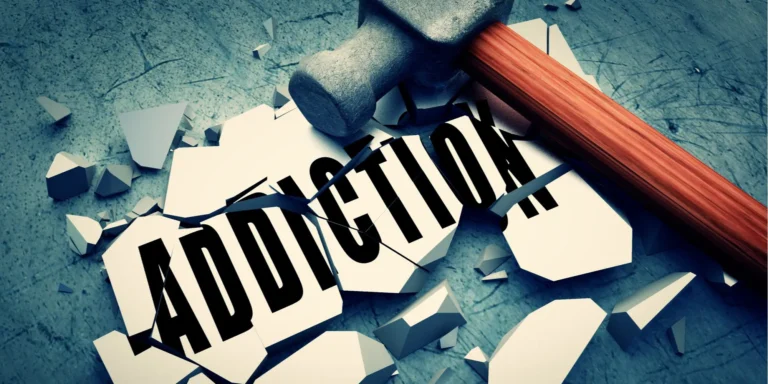Managing alcohol use disorder (AUD) effectively requires a keen awareness of the triggers that can lead to relapse. Identifying and avoiding these triggers is crucial for maintaining sobriety and supporting long-term alcohol use disorder treatment. Triggers can be internal, such as emotions and thoughts, or external, such as environments and social situations. Developing strategies to manage these triggers is essential for a successful AUD recovery journey.
Triggers are stimuli that elicit a strong urge to drink. They can be categorized into internal and external triggers:
- These include emotions, thoughts, and physiological states that prompt cravings. Common internal triggers are stress, anxiety, depression, boredom, and even physical pain.
- These involve environmental factors and social situations that can lead to drinking. Examples include specific places, people, events, and sensory cues like the smell of alcohol.
Common Triggers and Strategies to Avoid Them
Several common triggers can be anticipated and managed with appropriate strategies:
- Stress is a significant trigger for many individuals with AUD. Developing healthy stress management techniques is crucial. Practice mindfulness, deep breathing exercises, yoga, or meditation to reduce stress levels.
- Social gatherings where alcohol is present can be challenging. Plan ahead by bringing a sober friend.
- Boredom can lead to cravings as a way to fill the void. Engage in hobbies, exercise, or volunteer work to keep yourself occupied and fulfilled.
- Feelings of sadness, anger, or frustration can trigger the urge to drink. Develop coping strategies such as talking to a trusted friend, journaling, or seeking therapy to manage these emotions constructively.
- Being around individuals who encourage or enable drinking can be a trigger. Limit contact with such people and surround yourself with supportive individuals who respect your sobriety.
- Avoid places where you used to drink heavily, such as certain bars or parties. Find new, alcohol-free venues to socialize and relax.
Building a Support Network
Having a strong support network is essential for managing triggers and maintaining sobriety:
- Join support groups like Alcoholics Anonymous (AA) to connect with others who understand your challenges. Sharing experiences and strategies can provide valuable support and encouragement.
- Communicate your needs to family and friends. Let them know how they can support you, whether by providing a listening ear, joining you in sober activities, or respecting your boundaries.
- Regular sessions with a therapist or counselor can provide ongoing support and strategies for managing triggers. Cognitive-behavioral therapy (CBT) is particularly effective in identifying and coping with triggers.
Developing Healthy Habits
Adopting healthy habits can help reduce the impact of triggers and support long-term sobriety:
- Physical activity reduces stress and improves mood, making it easier to handle triggers. Aim for at least 30 minutes of exercise most days of the week.
- Eating a balanced diet can improve overall well-being and reduce cravings. Focus on whole foods, plenty of fruits and vegetables, and adequate hydration.
- Good sleep hygiene is essential for mental and physical health. Establish a regular sleep schedule and create a restful sleeping environment.
Identifying and avoiding triggers is a critical component of maintaining sobriety after alcohol use disorder treatment.
